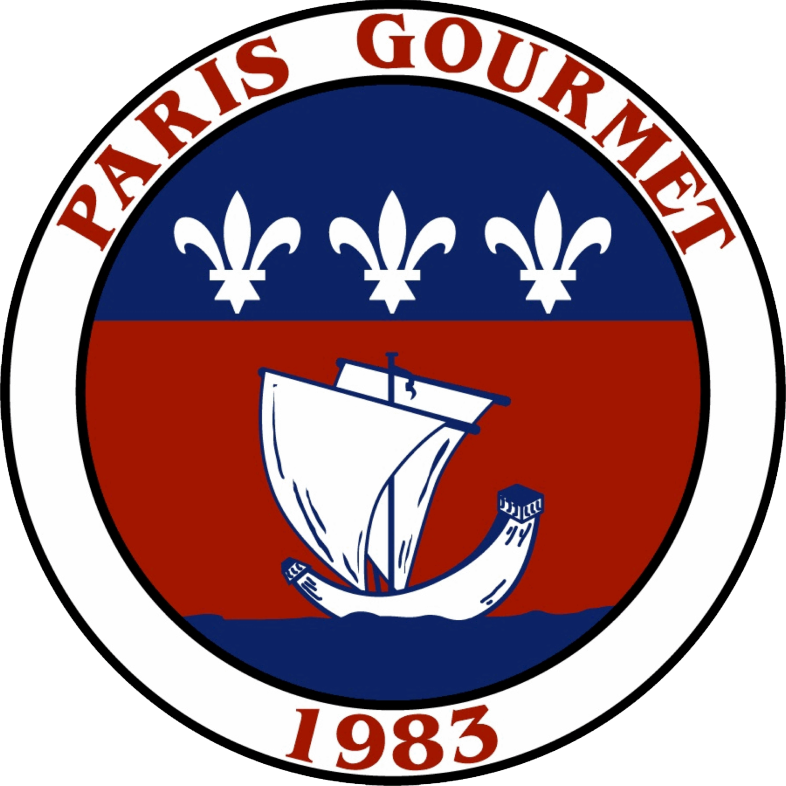Beyond the Plate: 5 Essential Chef Skills for Career Growth
- By Charlotte Brown
- June 20, 2025
What makes a great chef? Knife skills? Flavor pairings? Plating precision? Absolutely—those technical abilities are non-negotiable at the professional level. But culinary talent alone isn't enough in the real world of high-stakes kitchens.
The chefs who rise, lead, and last in this industry bring something more to the table: the ability to manage people, pressure, and unpredictable environments with control and clarity. From time management to calm communication during chaos, these overlooked qualities truly define long-term success.
In this article, we’ll spotlight five essential chef skills that go far beyond cooking—the soft skills needed to be a chef that every executive should master to lead a thriving, sustainable kitchen.
Why Do Soft Skills Matter in the Kitchen?
Professional kitchens are fast-paced, high-pressure ecosystems where every decision impacts service. In that environment, technical ability is just the baseline. What separates a cook from a chef is the ability to lead with confidence, communicate with clarity, and adapt without losing control.
That’s where soft skills come in. When we talk about the skills needed to be a chef, it’s not just about mastering sauces or searing proteins—it’s about managing the people and processes that bring every dish to life. These often-overlooked abilities transform a good cook into a respected leader and make the difference between a kitchen that runs and one that thrives.
The 5 Critical Chef Skills Beyond Cooking
While technical precision may open the door to the kitchen, these five soft skills determine if a chef can demand a kitchen and build a lasting career.
1. Leadership That Builds Teams
There’s a big difference between managing a shift and leading a team. Strong kitchen leaders:
- Set the tone through consistent, professional behavior
- Stay composed during high-pressure service
- Show up first, leave last, and lead by example
- Mentor cooks and support team development
Leadership creates a kitchen culture built on trust, consistency, and accountability.
2. Communication That Drives Clarity
In a fast-moving kitchen, clarity saves time and reduces errors. Effective communication means:
- Giving concise, repeatable instructions during service
- Practicing active listening—even during peak rush
- Using non-verbal cues to reinforce intent
- Creating a feedback culture based on improvement, not blame
The best chefs ensure everyone on the line knows what’s happening and why.
3. Adaptability Under Pressure
No matter how detailed the prep, surprises happen. Chefs who thrive under pressure:
- Pivot quickly when ingredients, staff, or orders change
- Stay calm to keep the team grounded
- Rethink workflows or shift roles mid-service when needed
- Treat challenges as leadership opportunities
Adaptability isn’t just survival—it’s a sign of control and confidence.
4. Time Management That Keeps Everything Moving
Every second matters in a professional kitchen. Successful chefs know how to:
- Prioritize prep, execution, and cleanup efficiently
- Delegate tasks to match skill levels and service flow
- Keep the kitchen aligned with front-of-house timing
- Use tools like prep sheets, timers, and production boards
Well-managed time leads to smoother services and more consistent food quality.
5. Emotional Intelligence That Fuels Retention
A chef’s emotional awareness can make or break team morale. Emotionally intelligent chefs:
- Recognize the signs of burnout or frustration early
- Respond with empathy, not ego
- Support staff through personal and professional challenges
- Celebrate small wins to build momentum and loyalty
A kitchen that values people is one where talent stays and thrives.
How To Develop These Skills: A Chef’s Long-Term Investment
Soft skills don’t come from a textbook—they’re built over time, through reflection, feedback, and experience. Like knife technique or flavor development, they’re refined through repetition and a willingness to grow.
The good news? These skills can be learned, improved, and mastered, regardless of where you are in your culinary career.
Ways to Strengthen Soft Skills in the Kitchen:
- Seek mentorship: Learn from chefs who model calm leadership and clear communication. Watch how they handle stress, delegate tasks, and coach team members.
- Invite feedback: Ask your team (peers, sous chefs, dishwashers, servers, etc.) what’s working and what’s not. Insight comes from every level of the kitchen.
- Reflect after service: What went well? What could have gone smoother? Build a habit of evaluating both the food and the flow.
- Invest in training: Leadership seminars, communication workshops, and even hospitality-focused courses can sharpen your interpersonal edge.
- Coach as you grow: Teaching others is one of the most effective ways to reinforce and refine your own soft skills.
Why It Pays Off:
- Stronger teams: Chefs who lead with empathy and clarity build loyalty and reduce turnover.
- Smoother service: Kitchens with clear communication and time awareness run cleaner and faster.
- Career longevity: These skills open doors to higher-level roles—from executive chef to culinary director—where leadership is the main ingredient.
Investing in soft skills isn’t extra work—it’s the real work behind great kitchens. And it pays off in every service, every shift, and every step forward in your career.
You’ve Mastered the Menu—Now Master the Team
If you want to lead better, communicate smarter, and run a kitchen where people thrive, it starts with a mindset shift. Now’s the time to assess your own strengths:
- Are you leading or just managing?
- Is your team aligned, or just surviving service?
- Do you listen, adjust, and build a kitchen that others want to be part of?
The best chefs never stop learning. They sharpen more than their knives—they sharpen their approach!
At Paris Gourmet, we know great kitchens run on more than ingredients. Behind every standout dish is a team, a process, and a chef who brings it all together. Are you ready to lead like it matters?
